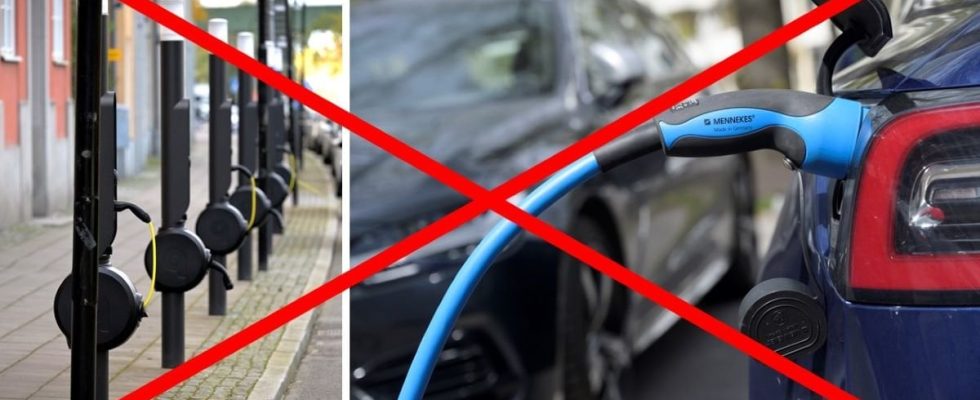A new survey conducted by Cyclomedia shows that opinions differ considerably between different European cities when it comes to expanding the charging network.
Hybrids outclass electric cars: Are significantly cheaper to own
Stockholmers like charging stations
In Stockholm, 74 percent of the total of 305 residents surveyed think there should be more charging stations, and in other European cities the figure is significantly higher.
In London, for example, 85 percent of the residents think that more charging posts should be installed, while the corresponding figure for Istanbul is a whopping 91 percent.
Despite scrapped electric car bonus: Large subsidies on company cars
The city that wants fewer charging stations
In some cities, however, residents want the exact opposite. In the German capital Berlin, instead, a whopping 75 percent of the population thinks that there should be fewer charging stations.
Also in Düsseldorf and Copenhagen, the population answered that they do not want to see more charging posts, with 63 and 56 percent respectively.
– Berliners’ skepticism towards the expansion of public charging stations may reflect several underlying factors unique to Germany and its approach to mobility and infrastructure. It is not only a reflection on the importance of the German car industry to the national economy, but also an insight into the challenges and trade-offs that urban planning and environmental policy entail in a densely populated city like Berlin, says Daniel Forsberg, marketing manager at CTEK, in a press release.
The cars with the best chance of breaking the 500 km/h barrier
Europeans critical of e-mobility
The study was conducted in 25 European cities with a total of 7,515 respondents.
It also shows that a majority of Europeans believe that the number of traffic accidents has increased since the introduction of various e-mobilities – especially in cycle-friendly cities such as Amsterdam and Helsinki. In London and Paris, a majority thinks that several forms of e-mobility should be banned.
It also emerged that a majority of Stockholmers, 64 percent, prioritize convenience over climate impact when choosing a mode of transport. In cities such as Tallinn, Istanbul and London, even more people think that convenience is the most important thing when choosing a means of transport.
Here is the new Renault 5: A retro electric car at a bargain price
